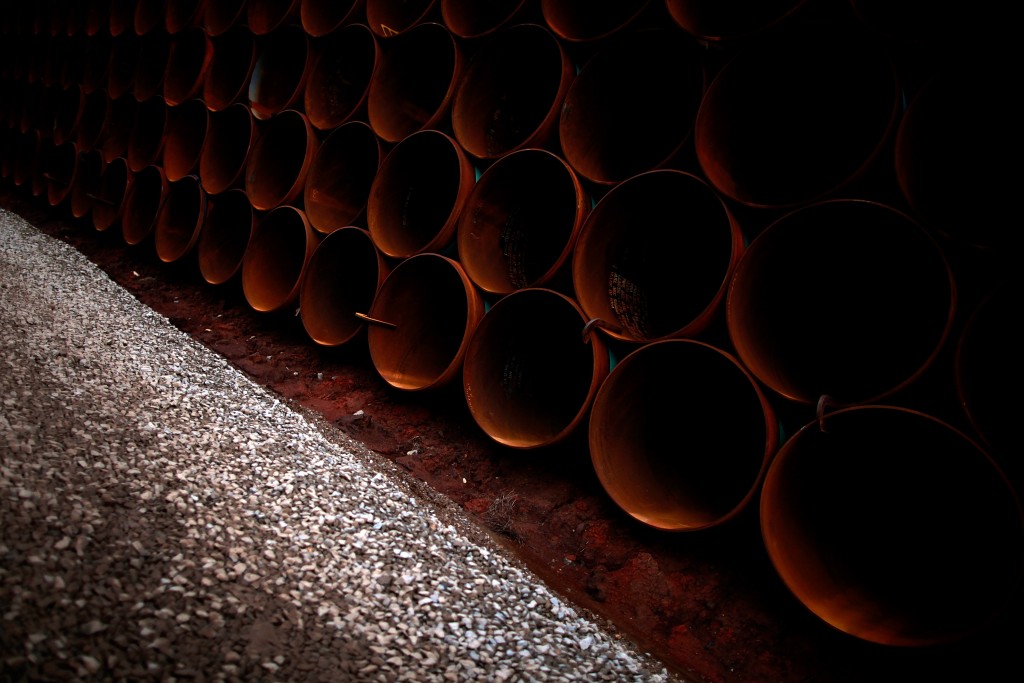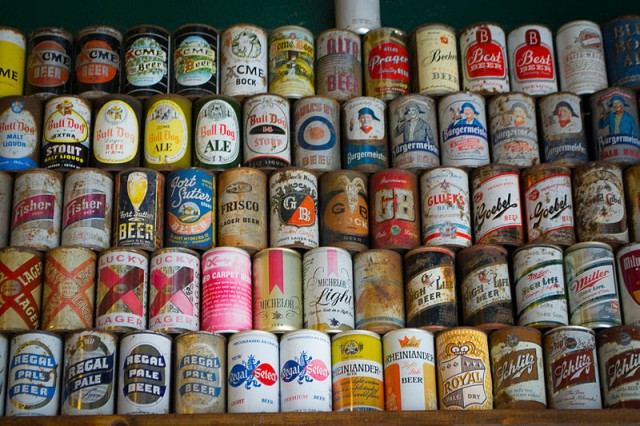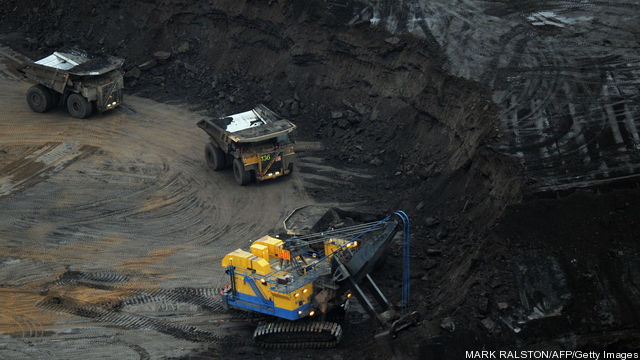Nonprofit organization Consumer Watchdog released a report this week claiming that the Keystone XL Pipeline project would significantly increase gasoline prices for US consumers, particularly in the Midwest, where the per gallon price could rise by as much as 40 cents. But some question these findings. The report’s main thesis states that companies producing Canadian… Keep reading →
Keystone XL Pipeline
Sign up and get Breaking Energy news in your inbox.
We will never sell or share your information without your consent. See our privacy policy.Energy News Roundup: Poor Prospects for Keystone Bill, Oil Sands Sale Fails, Fracking Risk to German Beer?
By Conway IrwinThe US House of Representatives (or more accurately, House Republicans, joined by a handful of Democrats) has passed legislation approving the controversial Keystone XL oil pipeline to bring Canadian crude to US markets, in what House Democrats are calling a “largely symbolic” move. The bill would sidestep the requirement that pipeline company TransCanada obtain State Department approval… Keep reading →
Stephen Harper on Keystone XL: Would You Rather Get Your Oil from Canada or Venezuela?
By Jared AndersonCanadian Prime Minister Stephen Harper spoke bluntly about the rationale for approving the Keystone XL pipeline during a visit to the Council on Foreign Relations in New York yesterday. Canadian energy exports are critically important to the country’s economy, which has suffered in recent years from a lack of market access for its crude oil.… Keep reading →
Few would disagree the decision about whether to build the Keystone Pipeline extension should rely on science-based research, so what does the science tell us? Well, as is often the case with politics, the results appear to vary depending on one’s agenda and the statistics being highlighted. The Congressional Energy and Environmental Subcommittees held a… Keep reading →

With a bipartisan majority vote of 62-37, the Senate demonstrated its support for Keystone XL pipeline construction for the first time.
On March 22, the US Senate voted in favor of an amendment that supports construction of TransCanada’s Keystone XL project, a 1,700-mile pipeline that would transport crude oil from Canada to Texas refineries. The amendment, introduced by Sen. John Hoeven (R-ND) and Max Baucus (D-Montana), passed the Senate by a 62-37 margin, with 17 Democrats joining all Republicans in the vote of support. Sen. Frank Lautenberg (D-NJ) abstained from the vote due to illness. Sens. Hoeven and Baucus also have proposed a separate bill that would facilitate Congressional approval of the project under the Commerce Clause of the Constitution, bypassing the decision-making authority of President Obama. Keep reading →
The Keystone Pipeline emerged as one of the most prominent energy issues of 2012 and the US presidential election. The line is controversial because it would transport synthetic crude oil produced from Alberta’s oil sands deposits – oil that is more energy intensive to produce than conventional crude. The resource has been dubbed “dirty oil” by activists who also oppose its route through environmentally sensitive areas.
Proponents of the pipeline claim it would transport oil more efficiently from producing regions to demand centers, particularly the massive US Gulf Coast refining complex. The project would also benefit the US and Canadian economies by creating jobs and lowering gasoline prices, they say. Keep reading →
Does the DOS Environmental Impact Statement Dismantle Obama’s Reason for Rejecting Keystone?
By Nicolas Loris
In President Obama’s statement denying TransCanada’s Keystone XL pipeline, he said, “The rushed and arbitrary deadline insisted on by congressional Republicans prevented a full assessment of the pipeline’s impact, especially the health and safety of the American people, as well as our environment.”
The President referred to a five-page Department of State (DOS) report that echoed why he decided in November 2011 to postpone the decision until after the 2012 election. Despite a rigorous, three-year environmental review with multiple comment periods, the Department of State recommended that the current route was not satisfactory and additional review was necessary to study and reroute the pipeline around Nebraska’s Sand Hills region. Keep reading →

The Obama Administration, encouraged by environmental groups, has blocked yet another affordable energy project-the Keystone XL Pipeline. Add this to the unconscionable slowdown of leasing and production in the Gulf of Mexico, foot-dragging on production in the Chukchi and Beaufort Seas, blocks on offshore production in the Atlantic and Pacific, and continued prohibitions and impediments to production in non-park, non-wilderness areas of the Western U.S. and ANWR. For each one, the claim is that the production wouldn’t make much difference.
Well, the XL Pipeline would bring 750,000 barrels per day to our energy markets. Just this one pipeline would add nearly as much as the 800,000 to 900,000 barrels per day we import from Venezuela-our fourth-largest foreign supplier. One of the most fundamental and least controversial concepts in economics is that increasing supply reduces price. The impact on petroleum price is compounded by the host of petroleum-producing projects that have been blocked, delayed, and impeded by the Administration. These projects could add millions of barrels per day to the petroleum markets. Keep reading →

President Obama upped the ante with Republicans Wednesday, saying their “rushed and arbitrary” 60-day deadline for finding whether TransCanada’s controversial Keystone XL pipeline is in the public interest was too short, and telling Secretary of State Hillary Clinton to reject the project.
Obama specified his decision was not made on the merits of the 1,700-mile pipeline from Alberta, Canada to a Nebraska terminal and then on to the Gulf of Mexico. The State Department said, “The Department’s denial of the permit application does not preclude any subsequent permit application or applications for similar projects.” Keep reading →





